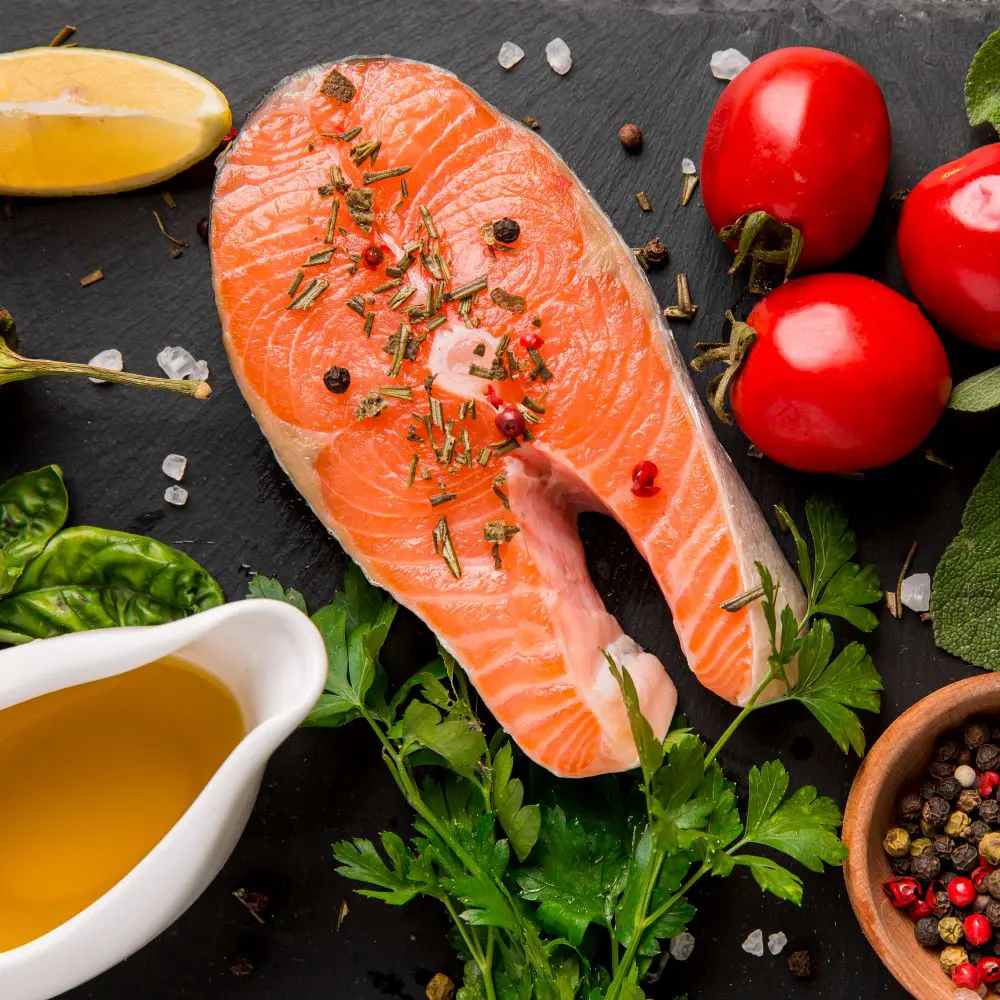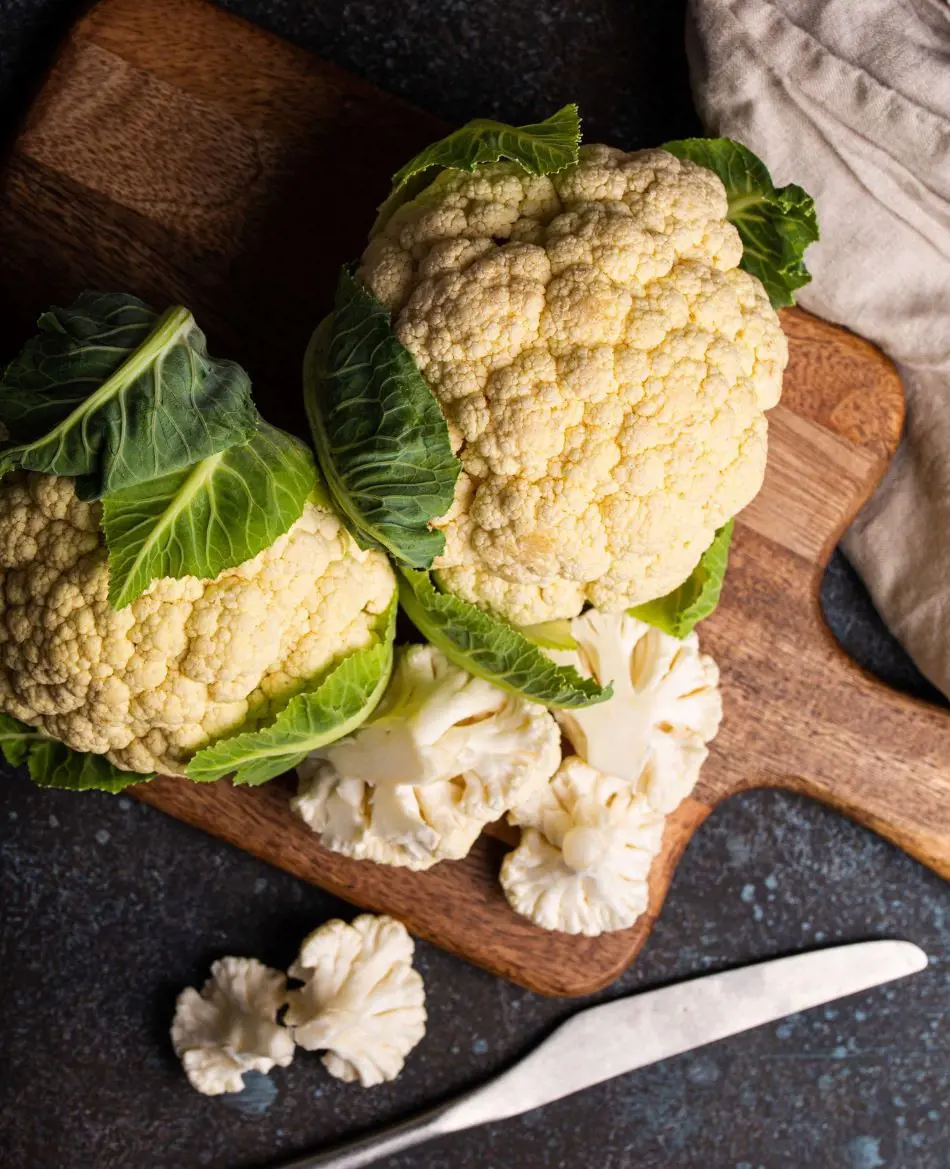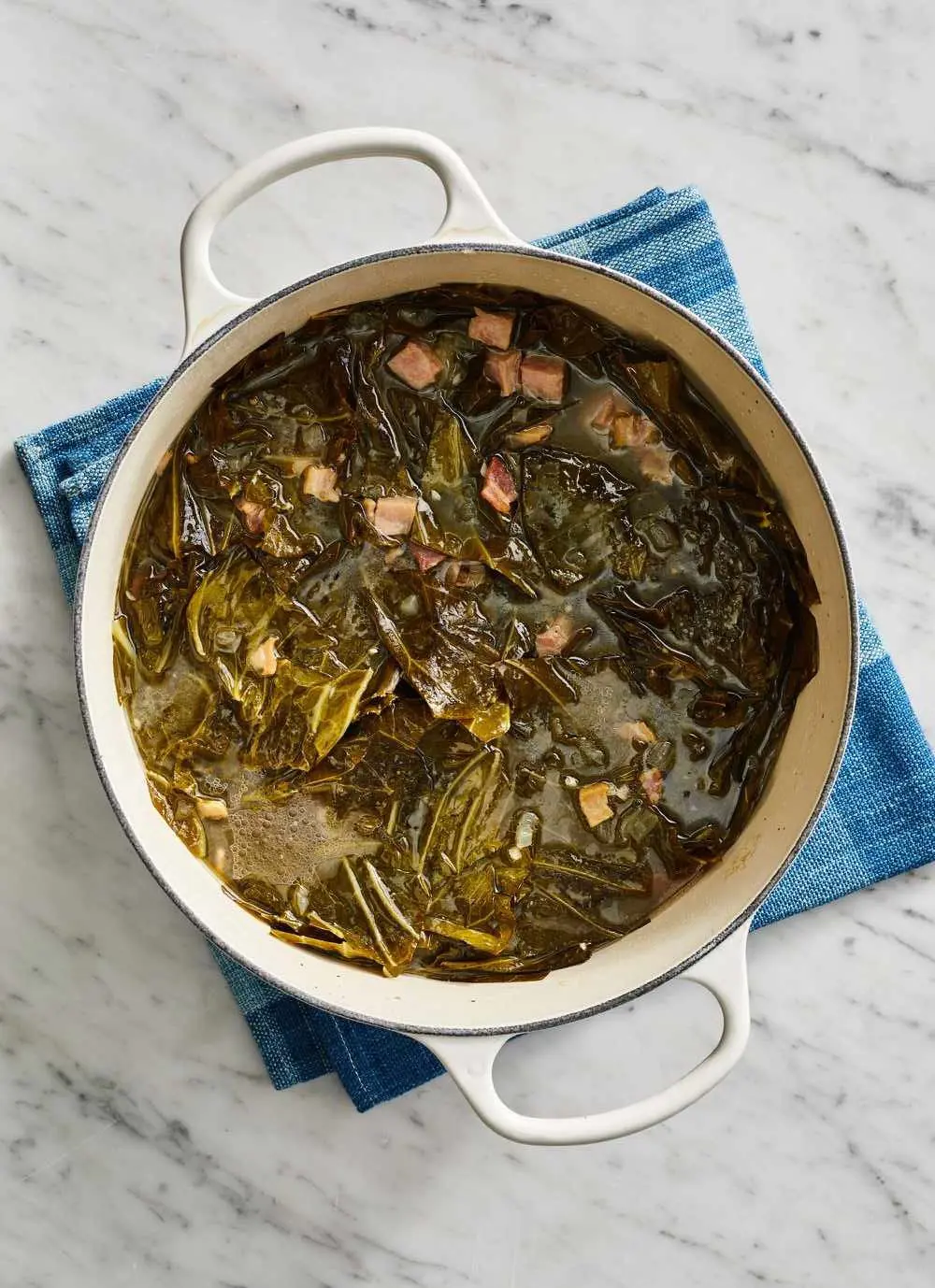Everything To Know About Pineapple Diet For Weight Loss

Weight loss trends come and go, but one that has captured attention for its simplicity and tropical appeal is the pineapple diet. Known for its refreshing taste and potential health benefits, pineapple is more than just a sweet treat.
This article delves into everything you need to know about the pineapple diet, including its nutritional facts, how to follow it, what to eat, and its effectiveness for weight loss.
What is the Pineapple Diet?
The pineapple diet, also known as the "Hawaiian Diet," revolves around consuming large amounts of pineapple for a short period, typically ranging from two to five days. It was popularized in the 1970s and has since seen a resurgence among those seeking quick weight loss solutions.
The diet primarily involves eating fresh pineapple, drinking pineapple juice, and supplementing with other low-calorie foods.
Nutritional Facts of Pineapple Diet
Before diving into the specifics of the pineapple diet, it's essential to understand the nutritional profile of the pineapple itself. Pineapple is a tropical fruit packed with vitamins, minerals, and antioxidants. Here’s a breakdown of what you can expect from 100 grams of fresh pineapple:
- Calories: 50
- Protein: 0.5 grams
- Fat: 0.1 grams
- Carbohydrates: 13 grams
- Fiber: 1.4 grams
- Vitamin C: 79% of the Daily Value (DV)
- Manganese: 9% of the DV
- Vitamin B6: 5% of the DV
- Thiamin (Vitamin B1): 4% of the DV
- Folate: 4% of the DV
Pineapple is also a source of antioxidants, including flavonoids and phenolic acids, which can help combat oxidative stress in the body.
How to Follow the Pineapple Diet

The pineapple diet is straightforward but requires strict adherence to maximize its potential benefits. Here’s a step-by-step guide on how to follow the pineapple diet:
Step 1: Choose the Duration
Decide how long you want to follow the diet, typically between two to five days. It's not recommended to extend this diet beyond five days due to its restrictive nature and potential nutritional deficiencies.
Step 2: Prepare Your Pineapple
Purchase fresh pineapples and ensure they are ripe. You’ll need enough to last the entire duration of the diet. Pre-cut the pineapples and store them in an airtight container in the refrigerator for easy access.
Step 3: Plan Your Meals
Your meals will mainly consist of fresh pineapple, pineapple juice, and small portions of lean protein or other low-calorie foods. Here’s a sample meal plan:
- Breakfast: 1-2 cups of fresh pineapple chunks
- Mid-Morning Snack: 1 cup of pineapple juice
- Lunch: 1-2 cups of fresh pineapple with a small serving of lean protein (e.g., grilled chicken breast or tofu)
- Afternoon Snack: 1 cup of fresh pineapple chunks
- Dinner: 1-2 cups of fresh pineapple with a side salad of leafy greens
- Step 4: Stay Hydrated
Drink plenty of water throughout the day to stay hydrated and help flush out toxins from your body.
Step 5: Monitor Your Body
Pay attention to how your body feels during the diet. If you experience dizziness, weakness, or any adverse effects, consider discontinuing the diet and consulting a healthcare professional.
What to Eat on the Pineapple Diet

The pineapple diet is highly restrictive, focusing primarily on fresh pineapple and pineapple juice. However, to prevent excessive caloric deficit and nutritional imbalance, some variations allow for the inclusion of certain foods. Here’s a list of acceptable foods:
- Fresh Pineapple: The main component of the diet, providing essential vitamins and hydration.
- Pineapple Juice: Freshly squeezed, without added sugars.
- Lean Proteins: Small portions of grilled chicken, turkey, fish, tofu, or cottage cheese.
- Leafy Greens: Lettuce, spinach, kale, and other non-starchy vegetables can be included in moderation.
- Herbal Teas: Unsweetened herbal teas can help maintain hydration and provide some variety.
Foods to avoid include processed foods, sugary drinks, starchy vegetables, grains, and high-fat foods.
Can You Lose Weight With Pineapple Diet?

The pineapple diet can lead to rapid weight loss primarily due to its low-calorie intake and high water content, which may result in reduced water weight.
However, this weight loss is often temporary and not sustainable in the long term. Here’s why the pineapple diet may help you lose weight initially:
1. Caloric Deficit
Weight loss occurs when you consume fewer calories than you burn. The pineapple diet creates a significant caloric deficit due to its low-calorie nature, leading to rapid weight loss.
2. Water Weight Reduction
A substantial portion of the initial weight loss on the pineapple diet is due to the reduction of water weight. Pineapple’s diuretic properties help flush out excess fluids from the body, resulting in a temporary decrease in weight.
3. Satiety and Reduced Appetite
The fiber content in pineapple can help control hunger and reduce overall food intake. Additionally, the sweetness of pineapple can satisfy cravings for sugary foods, potentially leading to reduced calorie consumption.
4. Improved Digestion
Bromelain in pineapple aids in digestion, helping break down proteins and reducing bloating. Improved digestion can contribute to a flatter stomach and a feeling of lightness.
Pineapple Diet Benefits
Since the pineapple diet can lead to short-term weight loss, there are some health benefits associated with this diet.
1. Low-Calorie Intake
With only 50 calories per 100 grams, pineapple is a low-calorie food. Consuming mainly pineapple significantly reduces overall caloric intake, leading to a calorie deficit and potential weight loss.
2. High Water Content

Pineapple is about 86% water, which can help you feel full and hydrated while consuming fewer calories. The high water content also aids in flushing out excess water weight from the body.
3. Fiber Content
Pineapple contains dietary fiber, which can promote satiety and help control appetite. Fiber slows down digestion, making you feel fuller for longer and reducing overall calorie intake.
4. Bromelain Enzyme
Pineapple contains bromelain, an enzyme that may aid in digestion and reduce bloating. Bromelain is believed to help break down proteins and improve nutrient absorption, potentially contributing to a flatter stomach.
Pineapple Diet Potential Risks and Side Effects
The pineapple diet is highly restrictive and lacks essential nutrients found in a balanced diet. Prolonged adherence can lead to deficiencies in protein, healthy fats, vitamins, and minerals, potentially compromising overall health.
1. Blood Sugar Spikes
Pineapple is high in natural sugars, which can cause blood sugar levels to spike, particularly in individuals with diabetes or insulin resistance. Consuming large quantities of pineapple without balancing it with protein or fiber can lead to fluctuations in blood sugar levels.
2. Digestive Issues
Although bromelain aids in digestion, consuming excessive amounts of pineapple can lead to digestive issues such as diarrhea, stomach cramps, and bloating. The high fiber content can also cause gastrointestinal discomfort in some individuals.
3. Loss of Muscle Mass

Rapid weight loss from the pineapple diet can result in a loss of muscle mass, especially if protein intake is inadequate. Preserving muscle mass is crucial for maintaining a healthy metabolism and long-term weight management.
4. Temporary Results
The weight loss achieved on the pineapple diet is often temporary, primarily due to the loss of water weight rather than fat. Once normal eating patterns are resumed, the weight is likely to return.
5. Potential Allergic Reactions
Some individuals may be allergic to pineapple or develop oral allergy syndrome, experiencing symptoms such as itching, swelling, and irritation in the mouth and throat. It’s essential to monitor for any adverse reactions when consuming pineapple.
6. Tooth Enamel Erosion
The high acidity of pineapple can erode tooth enamel, leading to increased sensitivity and dental issues. Rinsing the mouth with water after consuming pineapple and avoiding brushing immediately can help mitigate this effect.
Easy Pineapple Juice Recipe

Incorporating pineapple juice into your diet can be a refreshing and nutritious way to enjoy this tropical fruit. Here’s a simple pineapple juice recipe:
Ingredients:
- 1 fresh pineapple, peeled and chopped
- 1 cup of cold water
- Ice cubes (optional)
- Fresh mint leaves (optional for garnish)
Instructions:
- Place the chopped pineapple into a blender.
- Add the cold water and blend until smooth.
- Strain the juice through a fine-mesh sieve to remove the pulp, if desired.
- Pour the juice into a glass over ice cubes, if using.
- Garnish with fresh mint leaves for an added touch of flavor.
- Enjoy immediately for the best taste and nutritional benefits.
- Downsides and Side Effects of the Pineapple Diet
While the pineapple diet may offer quick weight loss results, it comes with several downsides and potential side effects:
Is the Pineapple Diet Good For You?
The pineapple diet can offer a quick and tasty way to shed a few pounds, thanks to its low-calorie content and high water and fiber composition.
However, it's crucial to approach this diet with caution due to its restrictive nature and potential side effects. For sustainable weight loss and overall health, a balanced diet combined with regular physical activity is the best approach.
If considering the pineapple diet or any other restrictive diet, consulting a healthcare professional is recommended to ensure it aligns with your individual health needs and goals.
Recent posts
Nutrition
Nutrition
Licorice Root: Benefits And Uses
You can spell it liquorice or licorice; this herb or root has been in use for centuries in most medicinal applications, as a natural sweetener and to enhance flavors. Regarding its origins, it comes from the root of the "Glycyrrhiza galbre" plant and...
Nutrition
Is Salmon Good For You? Nutritional Facts and Benefits
Salmon fish is a staple diet throughout the world, popular as a super food for its nutrients. Whether savored in sushi, poached, grilled, roasted, or pan-fried, salmon offers minerals and vitamins that contribute to healthy bodily functions. In addit...
Nutrition
25 Smoked Salmon Recipes That You Will Enjoy
Salmon is a silver-colored fish that is loaded with many nutrients, vitamins, and omega-3 fatty acids. Smoked Salmon is better for improving your health and reducing the risk of cancer, heart-related diseases, fights inflammation, reduces anxiety and...
Nutrition
Are Sausages Healthy? Nutrition And Health Benefits
Sausages are tasty in an addictive way, making them one of the most popular foods worldwide. You may have enjoyed this convenient food often, whether on a bun with mustard or grilled on a barbecue, the simple preparation methods are what makes its co...
Nutrition
20 Vegetables That Are Rich In Iron
Iron is essential for our bodies to function well. When we don't get enough iron, we often feel weak and tired. It's important to address iron deficiency early by eating the right foods. Fortunately, many vegetables are rich in iron and can help prev...
Nutrition
15 Cauliflower Nutrition Facts And Health Benefits
Cauliflower, a cruciferous vegetable, resembles a white variation of its relative, broccoli. Like broccoli, it has closely bunched florets attached to a thick core, often surrounded by a few leaves. While white is the most common color, cauliflower i...







